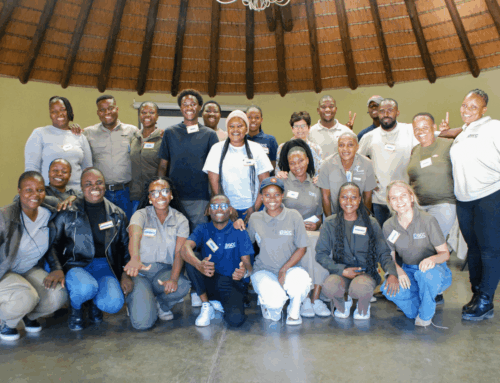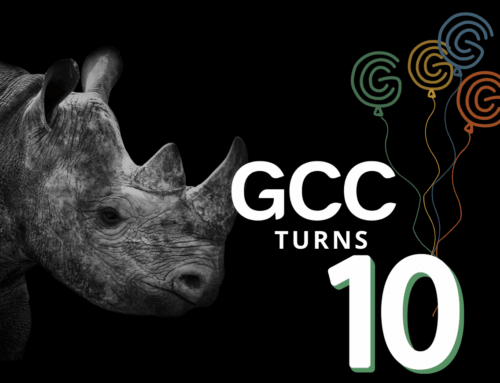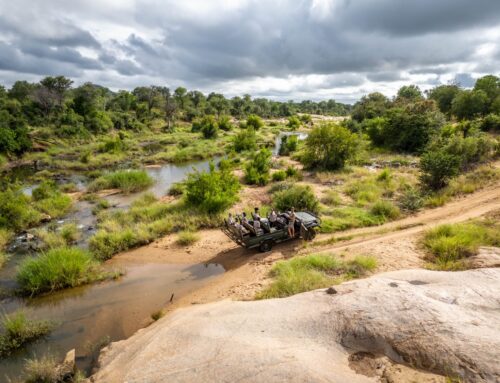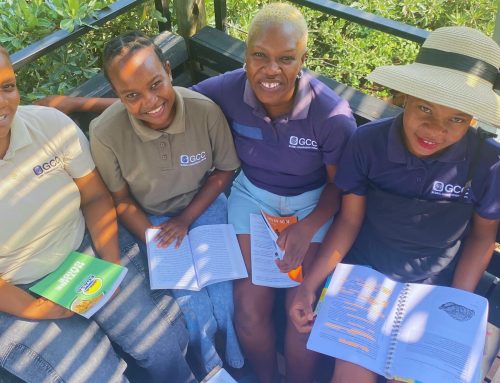GCC Announces IBM Partnership

GCC has been officially accepted into the IBM Service Corps, a program in which IBM employees collaborate with non-profit organizations to address economic and social challenges that face communities around the world. This partnership will help expand the scope and functionality of the GCC digital education app, enabling us to rapidly advance our mission of increasing wildlife conservation efforts globally by connecting with local communities and educating the next generation. We are incredibly grateful to everyone on the GCC team who worked so diligently on making this partnership a reality and to IBM for being willing to donate its technology, resources, and people to support our mission of creating stronger connections between people and wildlife.
GCC Executive Director Matt Lindenberg Visits U.S. Team
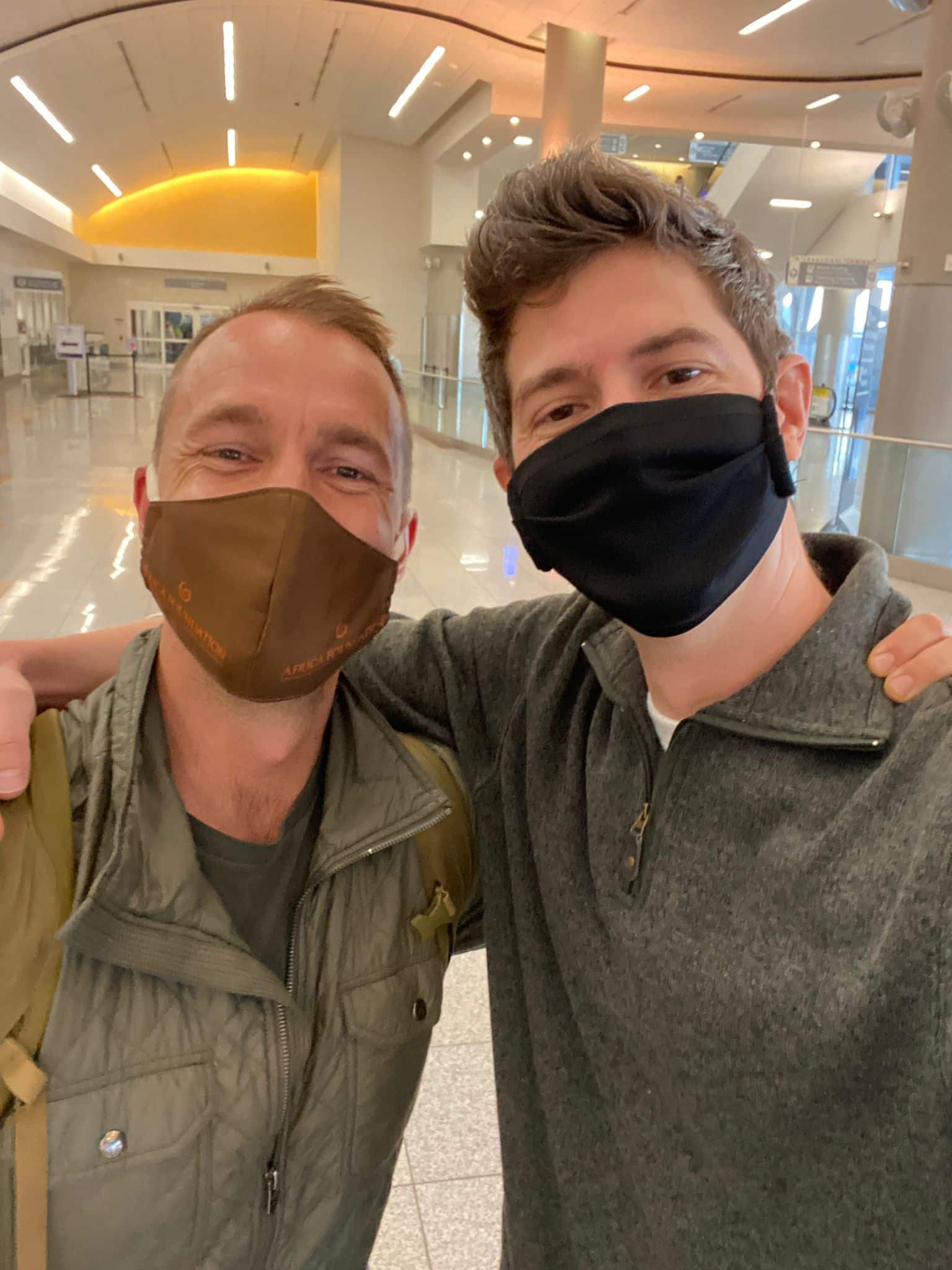
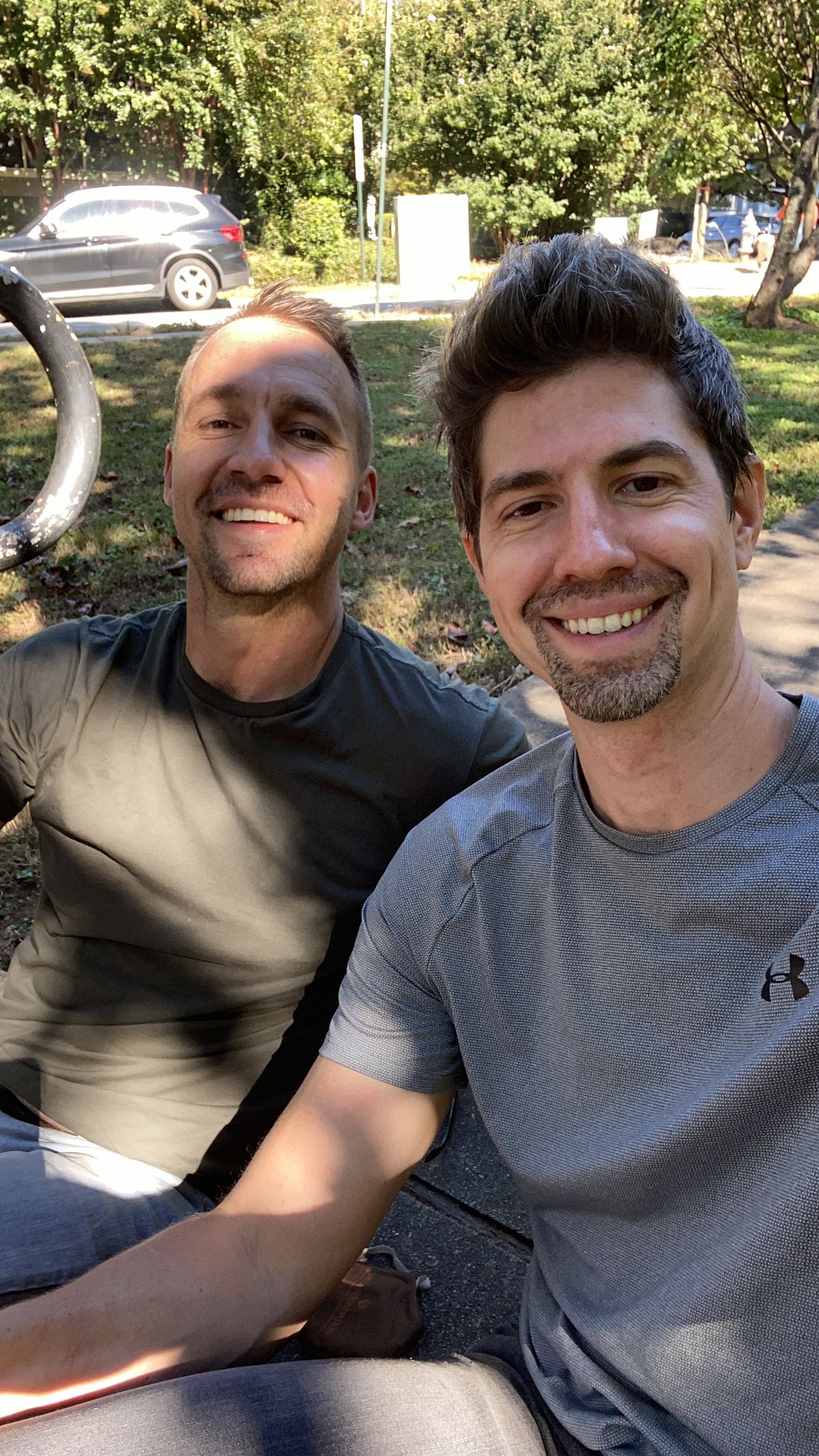
Sibusiso Vilane, World Famous African Mountaineer, Visits Careers in Conservation

On the newest episode of Careers in Conservation, GCC’s Mbhoni Mzamani had the honor of spending the day with Sibusiso Vilane, a certified field ranger and world-famous mountaineer. Sibusiso is one of a handful of South Africans and the first black African to achieve the feat of climbing each of the Seven Summits, the seven highest peaks on each of the seven continents. He is also the only black South African to complete the grand slam of adventuring known as the Three Poles Challenges. Watch this episode to hear his inspiring story and to learn about his love for nature and conservation!
“Voices of Nature” Podcast: Steve McCormick and Assigning Value to Nature

In this new episode of the “Voices of Nature” podcast, we talk with Steve McCormick, a Venture Partner at Draper Richards Kaplan Foundation, former President of the Gordon and Betty Moore Foundation, former President and CEO of The Nature Conservancy, and co-founder of Earth Genome, an organization focused on developing the first global information platform on ecosystem services and natural capital. Steve is on the forefront of treating nature as an asset vital to the health and well-being of every one of us, and talks about this lifelong mission with host Robert Ludke.
Mbhoni Mzamani Meets with Local Tribal Leaders to Discuss Conservation
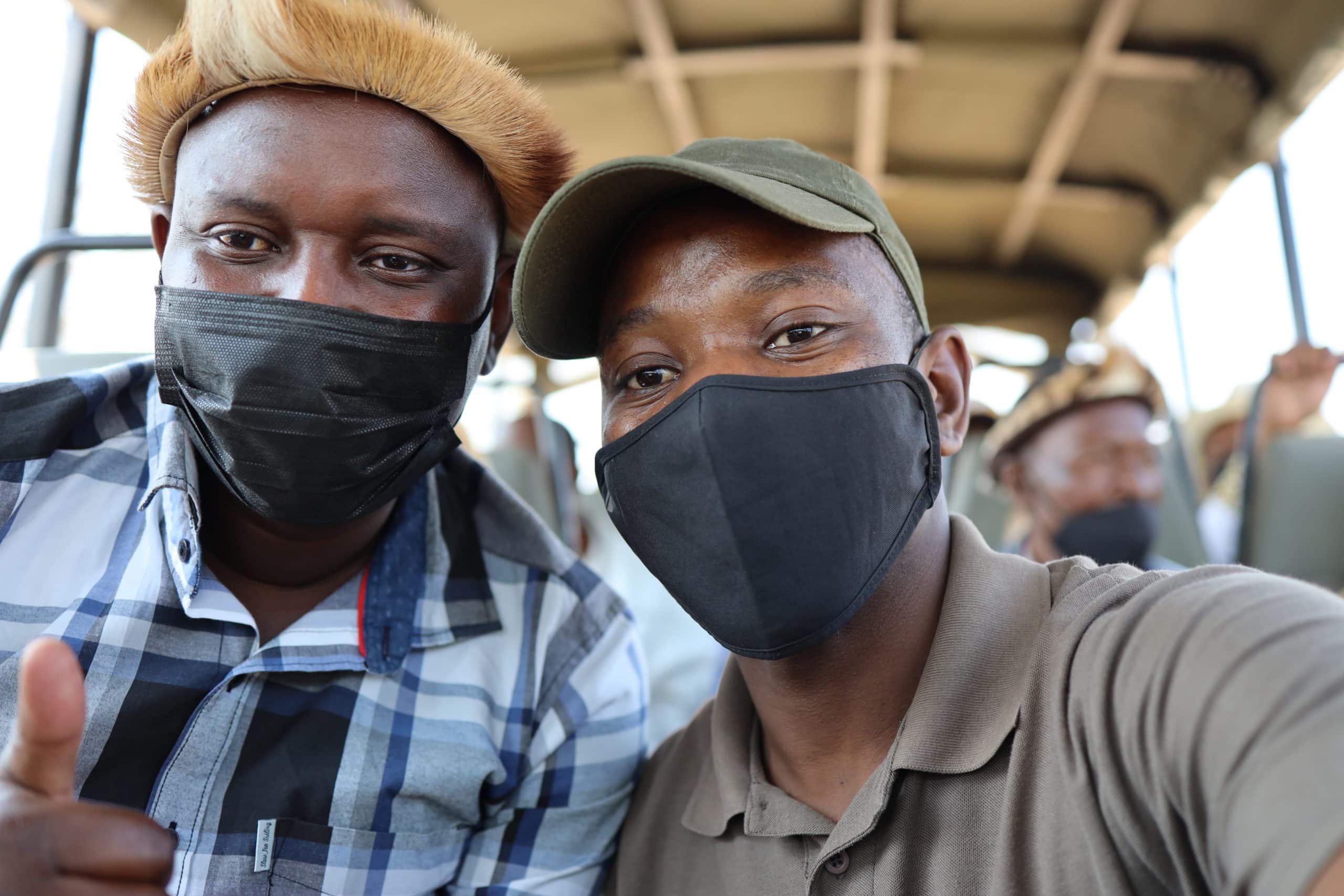
GCC Producer Mbhoni Mzamani recently met with a revered group of traditional local leaders to discuss the conservation issues facing communities in the Greater Kruger Region. They gathered at Manyeleti Nature Reserve, a conservation organisation working within the communities governed by the Mnisi Tribal authorities, to discuss issues of human wildlife conflict with local tribal leaders (called “indunas”).
The group, which included 45 indunas, started the day with a game drive during which they sighted buffalos, elephants and dehorned rhinos. During this emotional experience, Mbhoni and Manyeleti representatives explained to the indunas the impact poaching has on the survival of these and other indigenous species. Later in the drive, the group visited a local heritage site where the Mnisi ancestors (the first dwellers on the land) were buried. The headman briefly shared about the history of the place in honor of their ancestors.
In the second session, the attending conservation organisations discussed their efforts in the local communities, and the local leaders had an opportunity to understand and enquire more about their activities. The third session focused on human-wildlife conflict. In this important discussion, leaders voiced their concerns about the wildlife issues they are facing, such as leopards and hyenas feeding on their livestock, and explained methods they have been employing to try and prevent this from continuing. Mpumalanga Tourism and Parks Agency (MTPA) outlined recommended measures for communities to employ in these situations, and emphasised that cutting fences escalates the chances of livestock being eaten and also puts the community in danger.
At the end of the day, an agreement was reached between the conservation organizations and the local leaders that they will work hand in hand to reduce the rates of poaching from the local communities and will have future meetings to discuss reimbursing families who have lost livestock to wild animals.

